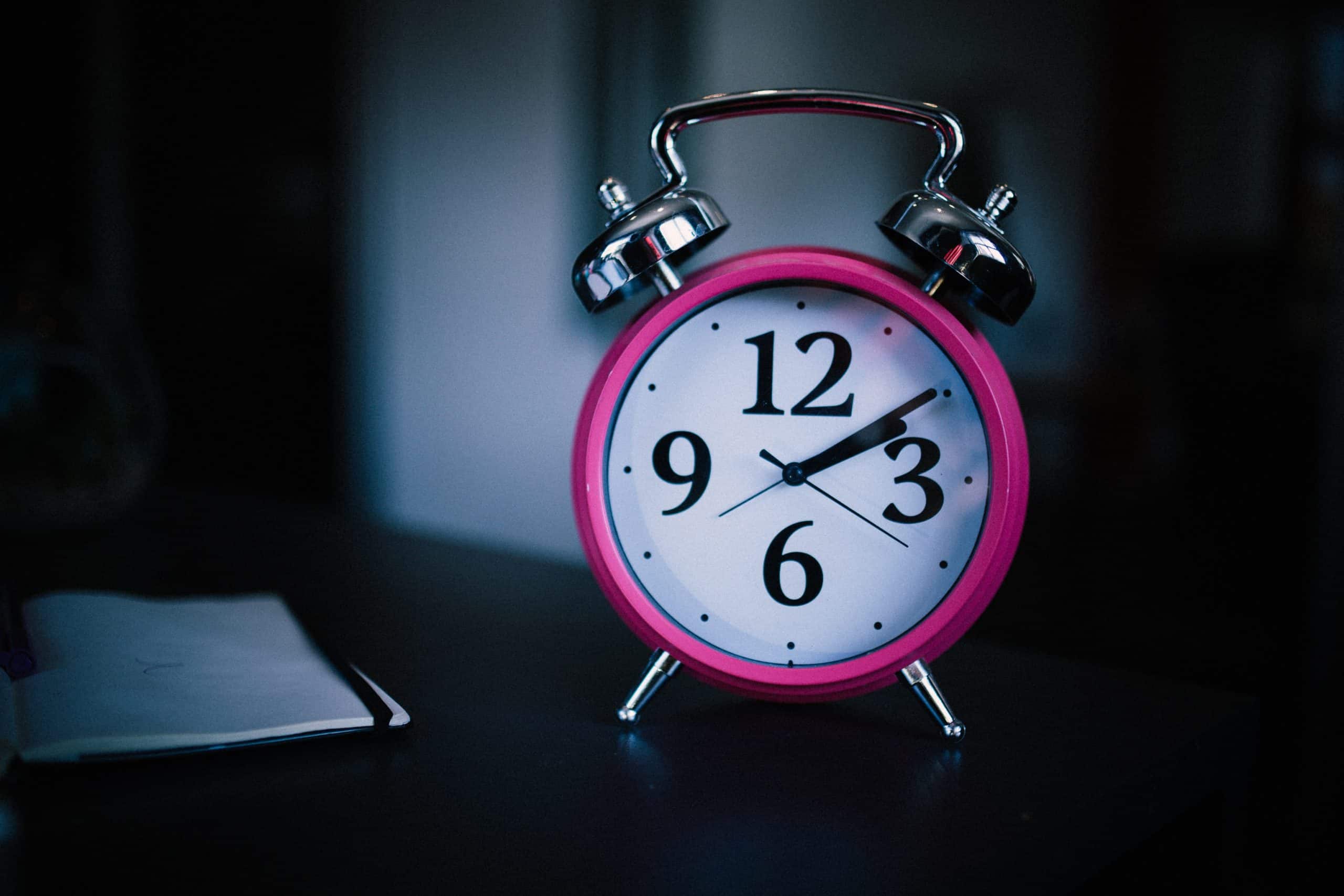How do you sleep? Your sleep schedule contributes to overall health and well-being, so when your sleep is poor, your health could potentially suffer. There are some recommended sleep hygiene tips that can help you get restful and restorative sleep and that may prevent a slew of associated health risks that come from improper and inadequate sleep. Incorporate these habits into your daily regimen for optimal results.
Make a date to observe National Sleep Awareness Week, March 12-18, 2023. This is the ideal time to truly evaluate your sleep pattern and decide whether changes are warranted.
Do you struggle with getting a good night’s sleep? There are some tips and tactics that can improve sleep hygiene, critical to maintaining holistic health and well-being.
Healthy habits for better sleep include these suggestions:
- Stick to a schedule and regular routine when it comes to sleep. Go to bed at the same time each night and set an alarm to awaken at the same time daily.
- Avoid screens and technological devices before bed. These can suck up time, and mess with your sleep schedule.
- Make sure that you are getting some physical activity and exercise daily but avoid working out within an hour of when you plan to go to bed. Daily exercise helps you sleep better when you do lie down.
- Set up a sleep environment that is comfortable and soothing. Make sure that it is relaxing enough to be conducive to sleep; that is, clean clutter, dim lighting, and make it cozy for you to rest.
- Avoid caffeine a few hours before bedtime. Skip to decaffeinated drinks, like water and herbal tea, instead. Also, don’t eat too close to bedtime as digestion can be stimulating and keep you awake.
- Limit the number of naps that you take if you want to sleep better at night. If you do lie down for a rest, use an alarm so you do not over-nap, which can disrupt your sleep pattern.
- Figure out ways to manage the stressors of the day so that they don’t keep you preoccupied and awake at night. Find healthy coping strategies that can help calm you down during chaos.
If you worry that you are at risk of a fall, which could be increased by a lack of adequate sleep, talk to professionals about mobility aids to assist you. The loss of coordination that can come from too little sleep could present physical challenges that could put you at a greater chance of a nasty fall and related injury.
It is important to remember that if you can’t sleep, don’t force yourself to try. Instead, get up and do something outside the bedroom, like reading or a light chore, and try again later.
When considering what qualifies as healthy sleep, one must look at a variety of factors that impact the overall amount of rest that you get each night. Healthy sleep involves the following:
Duration
The duration or length of time that you sleep is part of healthy sleep. Most adults require 7-9 hours nightly, while seniors need 7-8 hours, on average. Infants need as much as 17 hours each night, and older kids and teens require around 8-10 hours, ideally.
Continuity
If you wake up frequently during sleep, it impacts the quality. Minimal disruptions provide better rest than duration. Plus, waking constantly interferes with the sleep cycles, including REM sleep, so you will awaken feeling groggy and unrested.
Timing
Think about the Circadian rhythms when it comes to sleep quality, too. Your body is going to naturally be more tired when it is dark outside. Light causes the body to feel more awake, just as we have been indoctrinated to be. For instance, day sleepers may find it difficult to adjust to this schedule.
So, how does sleep directly relate to overall health and wellness? Some of the ways that it impacts health may surprise you:
- While you sleep, your body is actively flushing and removing toxins. Good sleep is essential to keep things moving.
- Sleep provides time for the immune system and blood to repair and restore.
- When you are overtired or not sleeping properly, you are more at risk of a fall and subsequent injury. Poor sleep can impact coordination and balance.
- Proper sleep helps with memory and mood, according to experts.
- Healthy and consistent sleep helps boost the immune system, so you get sick less often.
- Those that sleep well are better able to eat a nutritious, well-balanced diet. Cravings and binges are less frequent occurrences.
- Poor sleep causes fatigue, depression, and lethargy in many people.
As you can see, sleep and well-being are closely linked. For mobility aids that improve everyday living, talk to the team at Pacific Mobility. We have generations of industry experience, providing quality equipment for residents widely, and we can help you, too. Call or visit today!
President, Husband, Father, Grandfather Graduate of UC Davis- Bio Sci Major- Go Aggies! Jeff has extensive experience in all of Pacific Mobility’s products and services, and specializes in accessibility products as well as stairlifts, ceiling lifts and custom wheel chairs. His hobbies include spending time with family, gardening, mountain biking, exercising and off road motorcycle riding.
24 years as Owner/President of Pacific Mobility Center – selling, installing, and servicing stairlifts, porch lifts, ceiling lifts, pool lifts, handicap ramping, specialty wheelchairs, scooters, power wheel chairs, and other power mobility devices
Certified Environmental Access Consultant since 2008
Licensed General Contractor since 1998
Certified Aging in Place Specialist since 2016
Board Member for Home Access Professionals
Member of Association of Members of the Accessibility Equipment Industry (AEMA)




